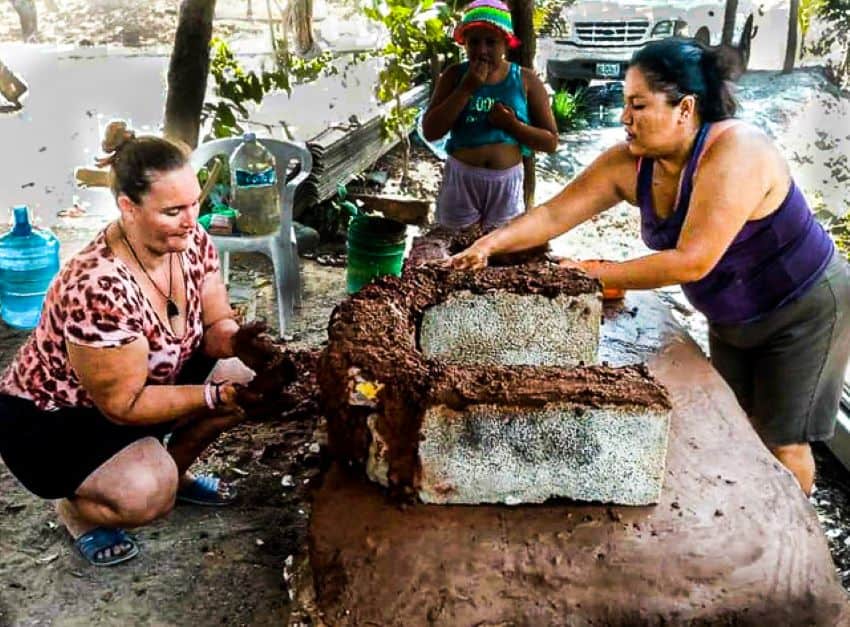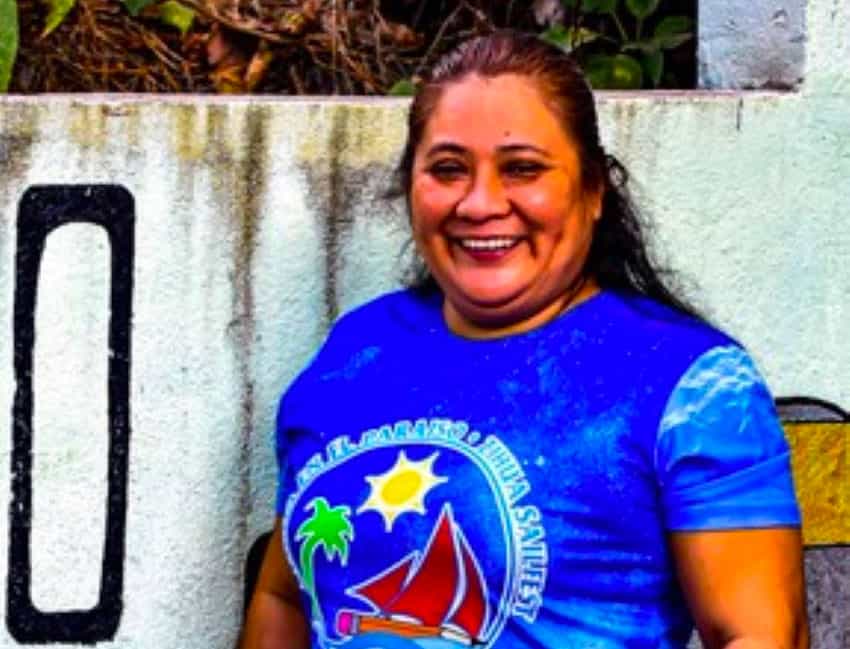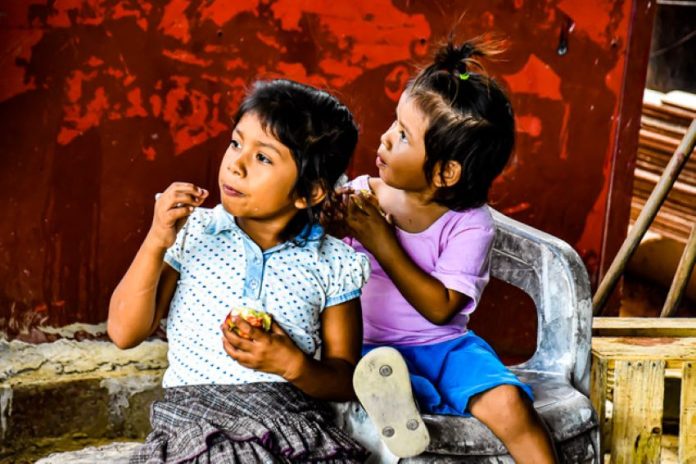If there is one thing that my years in Mexico have taught me, it is that the people who have the least are generally the ones who give the most. A case in point is how the La Presa II neighborhood in Zihuatanejo, Guerrero, is helping its community members survive during Covid-19 closures.
An initiative began in early 2020 soon after the pandemic forced the government to close the neighborhood’s school, Centenario de la Revolucion, which was built with funds from the local charitable organization Por Los Niños. As a government-run school in one of the poorest areas in Zihuatanejo, it provides a free lunch for all its 300-plus students, a program that came to an end with the school’s closing.
Mothers realized soon enough that not only would the students no longer have access to a nutritional lunch but that the students’ families would need help too: many had lost their jobs and were now unable to provide even the barest of necessities. The women searched for someplace nearby where they could set up a kitchen.
La Presa II president, Ignacio Bustos, secured a small area near the school. Two mothers, Doña Laura Valdovinos and Elvira Olea Calixto, constructed the mud chiminea (an open-hearth oven) according to traditional building methods.
Together with others, they hauled in some tables, cooking vessels and supplies and set up their makeshift commissary. More mothers, seven in all, joined. These women and other volunteers come regularly to cook, take names and photos of recipients and give out care packages of food.

According to community liaison and teacher Rosario Leyva Mata, the group has been serving food for up to 300 people a day, all without pay, since May.
Organizers soon found it would take the community to make the project sustainable — for what might need to be a long time to come. That community has come to be a combination of expats, people who live and do business in the neighborhood, local charities and DIF family services.
Among the non-Mexicans helping out is a group of women from Canada who remain deliberately anonymous but are fondly known as The Abuelas. Primarily known for their literacy and social service programs at the school, The Abuelas now also ensure that there is wood to cook the food, bottles of water and meat for a community meal or two each week.
Most are Mexicans, however — members of the community.
In addition to essential foods like rice, beans and vegetables provided by Por Los Niños and, on occasion, DIF family services and the local charitable group Juntos Somos Zihua, community members contribute, donate or volunteer their time, supplies, and effort to support this initiative.
The diverse network, headed by Levya with her husband Salvador García and her children Eryn Rose and Oliver, includes residents like Oscar Bravo, who has donated masa (corn flour) several times for picadillo or tacos, and businesses like the butcher Carnicería Michelle, which has donated extra meat for pozole and stew on numerous occasions. Mely Cadena, owner of a small convenience store next door to the kitchen, often volunteers her time there.
Meanwhile, master gardener Genaro Flores, who teaches gardening at the school, maintains the school’s garden so that it doesn’t become unmanageable while no one is there to tend it. From the garden, he supplies the initiative’s kitchen with vegetables like chiles, radishes and tomatoes. He also supplies fruit like papaya from the school’s trees.

While the community bands together feeding students’ stomachs, in her role as teacher Levya is also heavily involved in efforts to feed their minds. With school closed, some students are taught remotely by television now. Sixteen teachers provide the curriculum. But a larger percentage of students receive printed activity booklets. Teachers communicate with students through WhatsApp, video calls, Facebook Messenger and even some home visits.
Just as she does for all the organizations and volunteers involved in the community meals initiative, Leyva acts as a liaison for her fellow teachers, spending countless hours putting together packages for approximately 260 students.
Levya says that the cost to maintain this community kitchen initiative ranges from 2,500 to 3,500 pesos a week, depending on the number of mouths to feed. When asked how long she thinks it can carry on, she just lifts her hands.
“Once the money dries up,” she says, “so will the project.”
If you would like to help the La Presa II community kitchen project, you can contact Por Los Niños through the charitable organization’s website.
